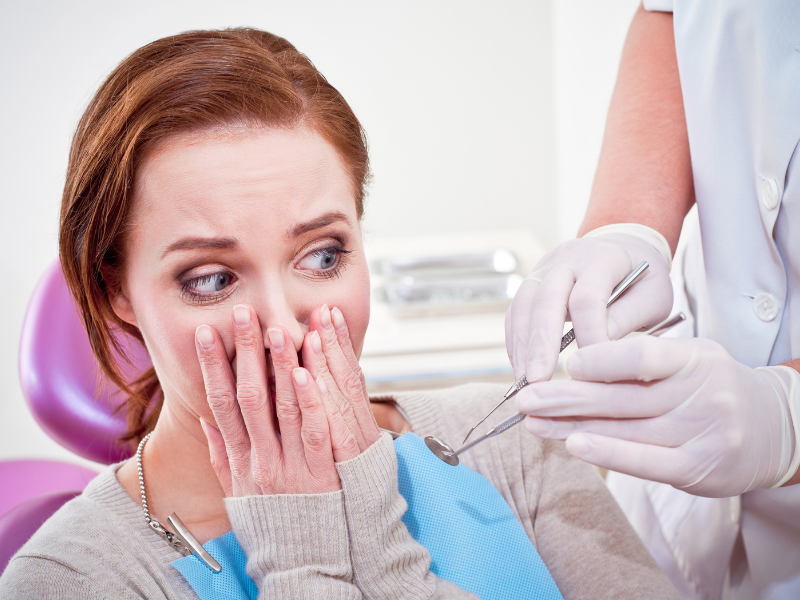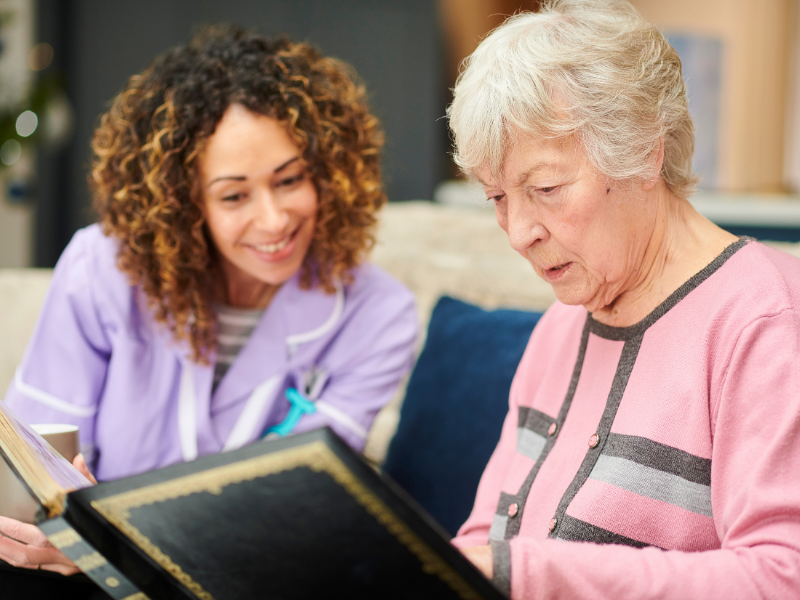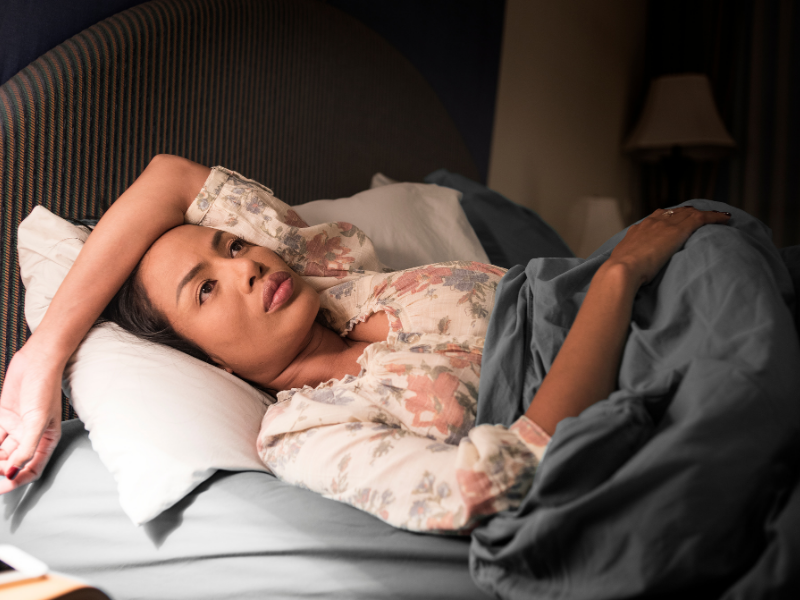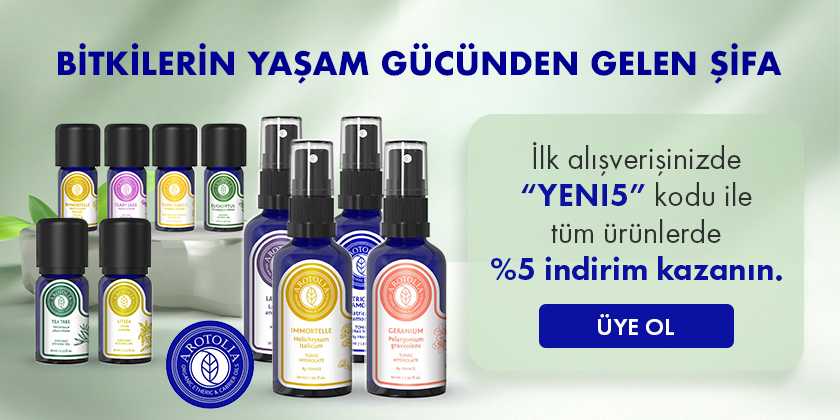
Dental Anxiety And Aromatherapy
The most common emotion that patients feel in the waiting rooms of dental clinics is anxiety. Even this is so
It is a very common condition that has entered dental procedures as "dental anxiety".
Dental anxiety is, accordingly, "a need to visit the dentist for preventive care and therapy.
It is defined as “abnormal fear” and causes physiological, cognitive or behavioral consequences.
it can happen. Dental anxiety is a process that affects physicians as well as patients. In many publications
It has been argued that managing dental anxiety is one of the most difficult tasks for dentists.
being driven. Managing this process with both pharmacological and non-pharmacological methods
possible. Pharmacological methods include general anesthesia or conscious sedation.
(drowsiness created when the patient is conscious). These methods work very well.
It is useful but has some benefits. Sedation and anesthesia are performed by a specialist in this field.
that requires additional hardware. In patients, side effects such as fatigue, confusion and restlessness
may cause effects.
Another way to relieve dental anxiety is to resort to non-pharmacological methods.
There is a significant increase in the use of these complementary therapies all over the world.
Aromatherapy, non-pharmacological, long used for the treatment of anxiety
one of the strategies. Essential oils reach the brain by stimulating the olfactory receptors.
Provides a curative effect for the relief of anxiety symptoms. Most preferred
One of the important reasons is that it is free from side effects.
Lavender is an herb with an anxiety-relieving and relaxing aroma. Lavender inspection anxiety
There are many studies confirming its positive effects on But especially dental
Realizing that studies on anxiety are insufficient, researchers started in 2016.
A study to determine the effects of aromatherapy on dental anxiety.
they started.
Patients in the 18-60 age group who applied to dental clinics for the first time participated in this study. patients
They were randomly divided into two groups as aromatherapy group and control group. aromatherapy
group was treated with lavender essential oil, while only water was used in the control group.
Before and after the aromatherapy sessions, patients are in waiting rooms for 15 minutes.
they waited. Then they filled inventories that determined their degree of anxiety. (Modified Dental
Anxiety Scale) In addition, demographic data of the patients such as age, gender, smoking
gathered. All data were analyzed in computer programs.
There was a significant decrease in the anxiety levels of the patients who were exposed to the lavender session. It
observation confirmed the idea about the soothing properties of natural essential oils. Also, research
contributed significantly to the increase in the use of aromatherapy in dental clinics over time.
found. Aromatherapy intervention is used to alleviate dental anxiety.
It is a cost-effective, simple and side-free option.
SOURCE
Journal of Indian Association of Public Health Dentistry- Effect of Aromatherapy on dental
patient anxiety: A randomized controlled trial



